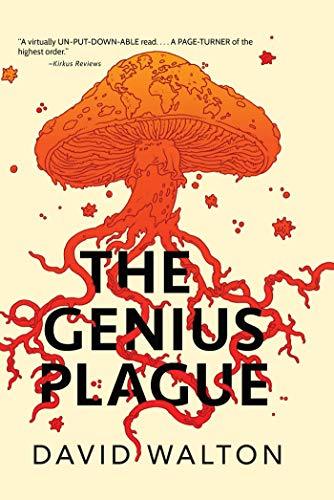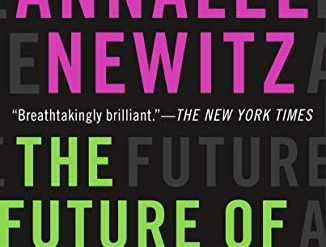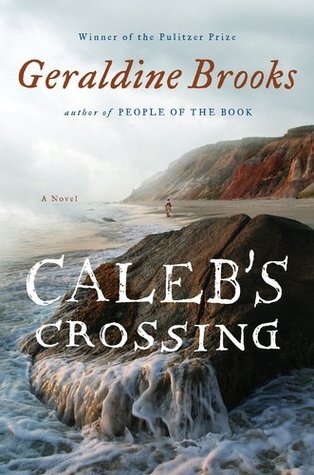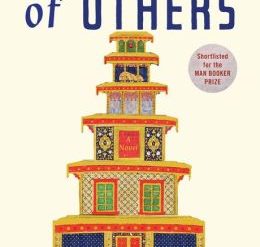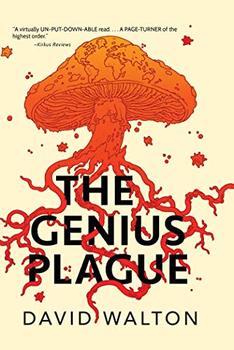
Welcome to the wonderful world of mycology! The people who pursue this abstruse discipline, mycologists, are the folks who study mushrooms. Or, more broadly, fungi. Because, as it turns out, the mushrooms we see and sometimes eat, are, in a manner of speaking, just the tip of the iceberg. Fungi, mostly underground, account for orders of magnitude more mass than all the people on Earth. They’re everywhere. And, it turns out, fungi aren’t just ubiquitous, they’re also intelligent after a fashion. That, of course, is the concept on which author David Walton has built his suspenseful science fiction thriller, The Genius Plague.
Estimated reading time: 5 minutes
“Fungi outnumber plants six to one,” Walton informs us. “They can survive anywhere. You can kill ninety-nine percent of one, and it’ll still survive. They don’t even need light. Fungi have been found thriving in highly radioactive places like reactor cooling tanks, the ruins of Chernobyl, and the rubber window seals of the International Space Station.” And those facts about these unfamiliar organisms figure prominently in Walton’s exciting tale.
The Genius Plague by David Walton (2017) 386 pages ★★★★☆
Winner of the 2018 John W. Campbell Award for Best Novel

From the Amazon to the National Security Agency
The Genius Plague opens in the Amazon rainforest. There, mycologist Paul Johns is gathering samples of new species of fungi. Walton follows his troubled path out of the region. Paul alone survives an attack by gunmen on the riverboat he takes to Manaus. And then the scene shifts to his younger brother, Neil, in Washington, DC. Both brothers, we learn, are prodigies. Paul had followed a straight-line course to a star turn in academia at Johns Hopkins University. Neil, by contrast, was expelled from three elite universities in turn. In hopes of following his father’s footsteps into the NSA as a cryptologist, he is applying for a job there. Neil’s a screwup, but he excels at solving puzzles. And somehow that talent, and his father’s storied history at the agency, win him a slot there. This is, to say the least, a promising setup for a suspenseful science fiction novel.
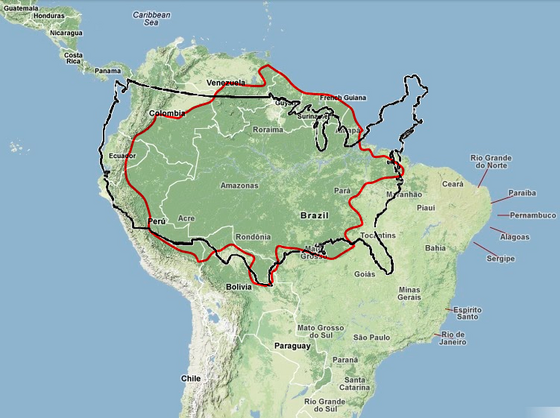
Two brothers at odds in a drama that spans the Earth
In the ensuing action, the two brothers play central roles—on opposite sides. It turns out that one of the fungi Paul discovered deep in the Amazon has infected him. And among the effects of the infection is that his brain has suddenly begun working at breakneck speed. Before, he was a prodigy. Now, he is unquestionably a genius. But it’s not just Paul who has become infected with the fungus. Those gunmen who attacked his boat on the river were, too. And others. Lots of others. Therein lies the key to this suspenseful science fiction thriller.
About the author
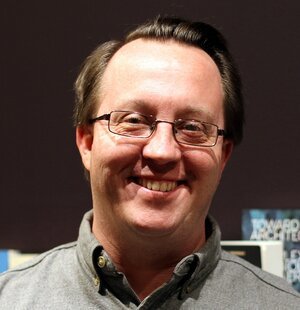
David Walton (born 1975) is the author of seven science fiction novels and a slew of short stories. His novel Terminal Mind won the 2008 Philip K. Dick Award for the best paperback science fiction novel published in the United States. He lives in Philadelphia.
For related reading
I’ve also reviewed the author’s Terminal Mind (Breakthroughs in brain science propel this science fiction thriller) as well as the three books of his exciting trilogy:
- Living Memory (These dinosaurs left something behind)
- Deadly Memory ((Paleontologists unearth a deadly weapon—and a killer virus)
- Memory Reborn (Dinosaurs live (and I don’t mean just birds)!)
In The Genius Plague, something suddenly increases human intelligence. I’ve reviewed another novel that explores this theme: Brain Wave by Poul Anderson (How would you behave if your IQ suddenly doubles?) And, years ago, I read and enjoyed a classic SF novel that treats the subject from a different perspective: Flowers for Algernon by Daniel Keyes.
For more good reading, check out:
- The ultimate guide to the all-time best science fiction novels
- Great sci-fi novels reviewed: my top 10
- 10 new science fiction authors worth reading now
- The top 10 dystopian novels
And you can always find my most popular reviews, and the most recent ones, on the Home Page.

